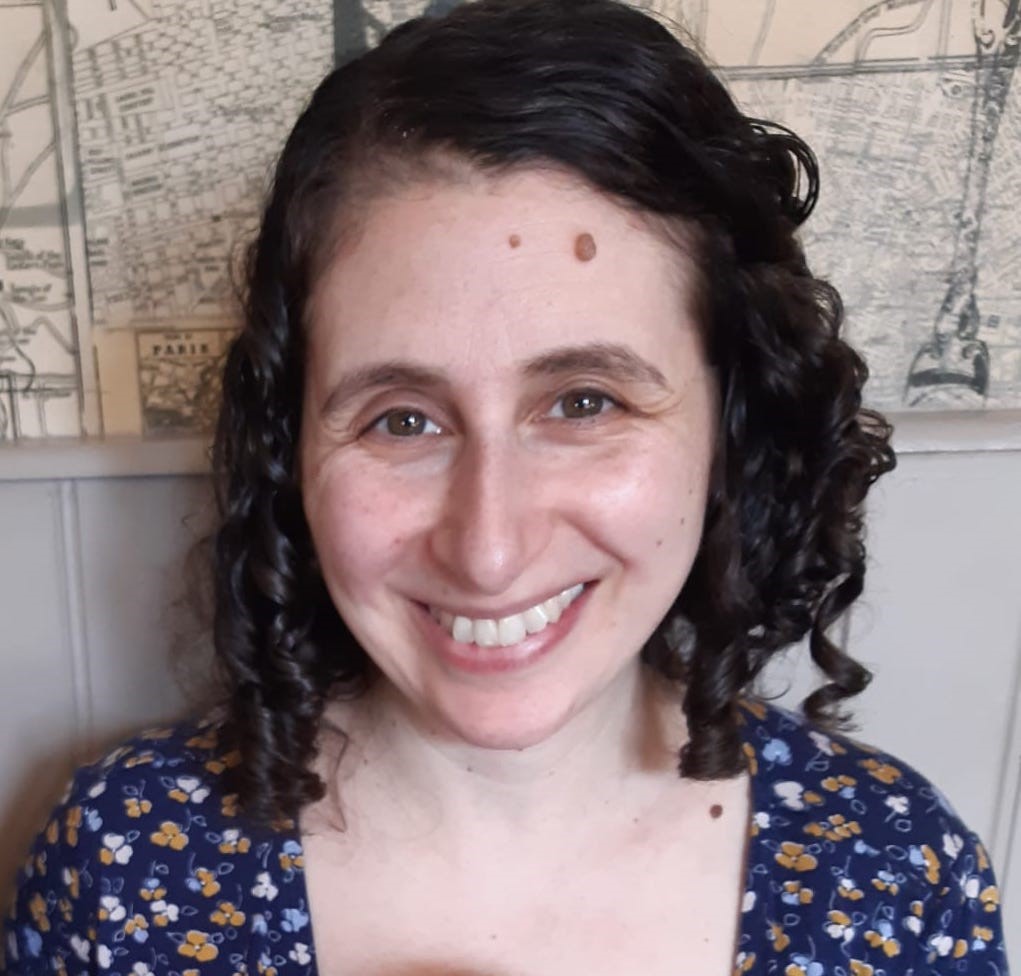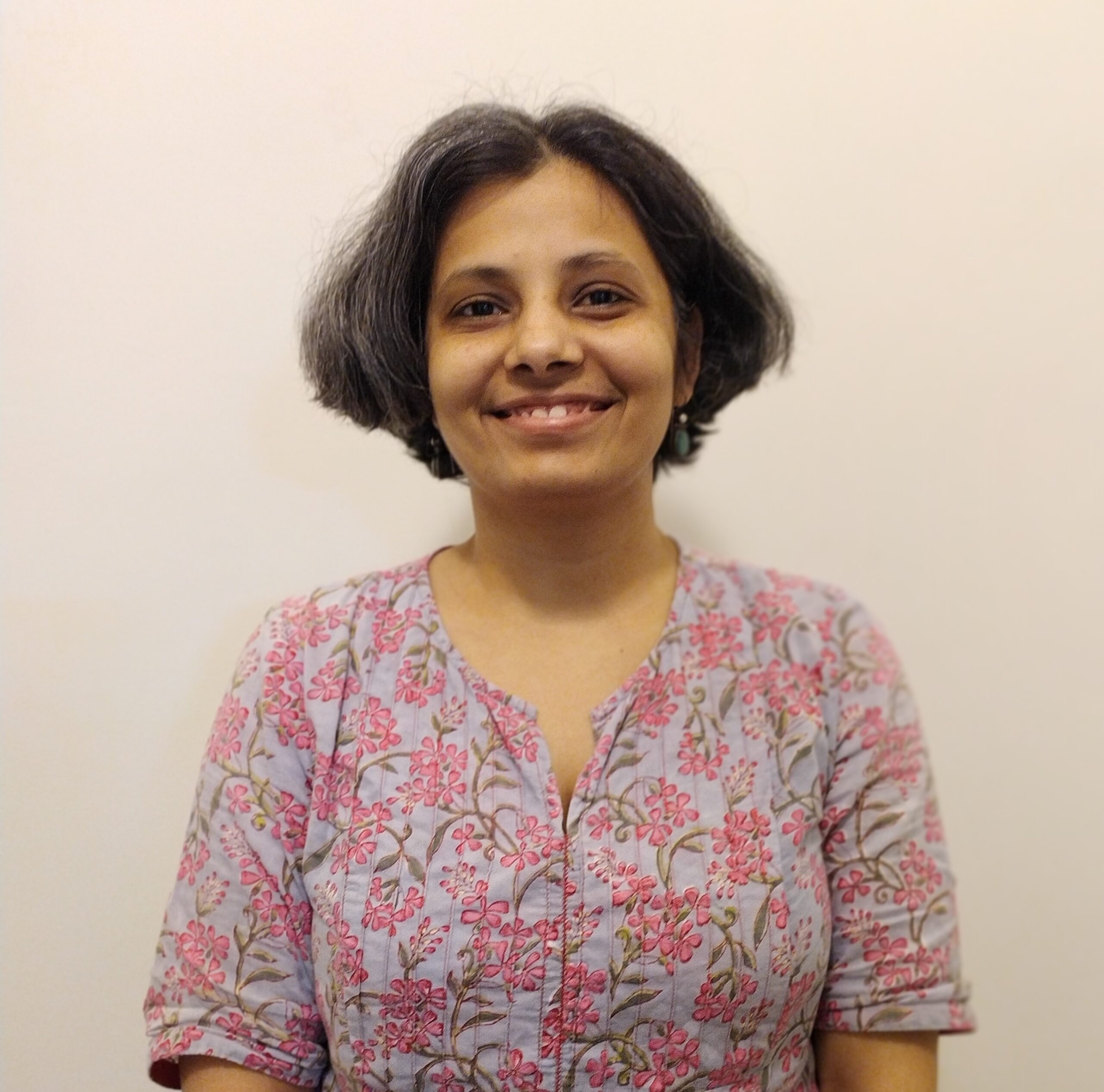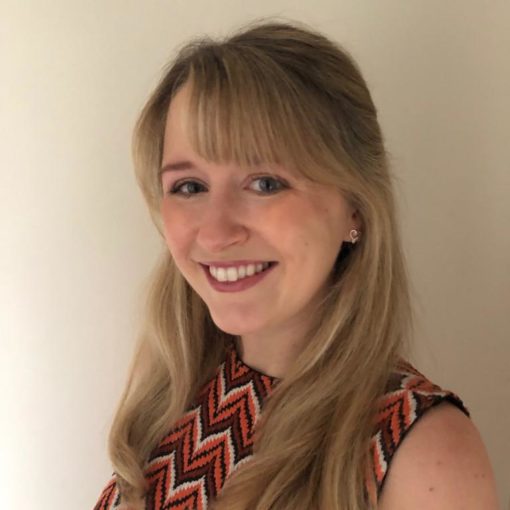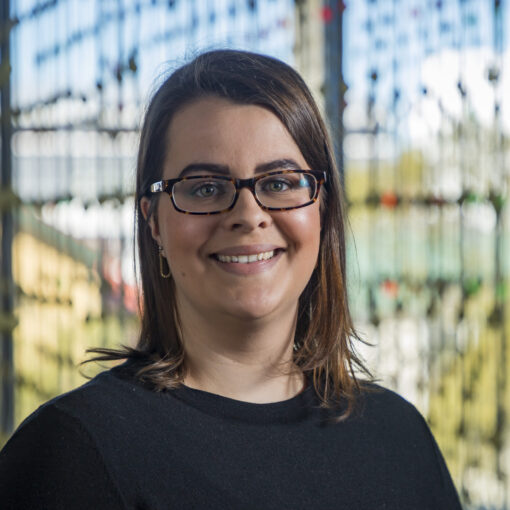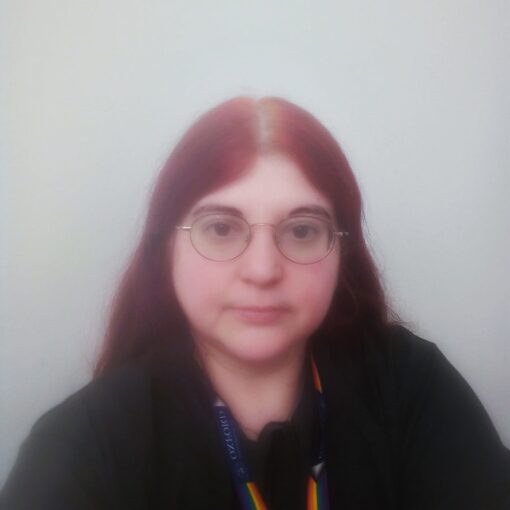PhD in Biology, MIT, 2009
| Deputy Editor | |
|---|---|
| The Lancet Oncology | |
Year entered into a non-academic position: 2015
Job highlight: Working with clinical researchers to deliver their groundbreaking research to the academic community, policy makers, and the general public.
My research training set me up to…
Left academia after: After 6 years of postdoctoral work
What’s your background?
I became interested in biology at a DNA-themed summer programme when I was about 13. I worked in a lab studying cell replication in yeast at Cold Spring Harbor Laboratories (Cold Spring Harbor, NY) as part of a research programme at my high school. At Brandeis University (Waltham, MA) I studied cellular and molecular biology and completed a research Masters studying DNA replication and recombination in yeast. Once at graduate school at MIT (Cambridge, MA) I joined a lab studying tumourigenesis, specifically the development of bone and cartilage tumours, using genetically engineered mouse models. I went on to do post-doctoral research on mouse models of melanoma and non-small-cell lung cancer in a lab at University of California, San Francisco (San Francisco, CA), then moved to London and joined a lab studying Ewing’s sarcoma at UCL. After this, I had a brief detour into mouse models of neurodegenerative disease at the MRC, before leaving academia and joining The Lancet Oncology.
Why did you move away from academia?
The short answer is that it just wasn’t working for me anymore – it was hard work and sacrifice, but for me, no reward. I didn’t see myself getting (or even wanting) a professorship and I didn’t see other options for me within academia.
Is there anything you miss about academia?
This might sound weird, but I miss the rigour! There are few places in the world where ideas are debated and challenged constructively, until they are refined and actually have some value in the world.
How did you get this job? Did you face any challenges when considering a move away from academia or applying for the role?
After talking to a few loose contacts in the publishing world I just started applying. I had to apply to a lot of jobs before getting offered the one at the Lancet Oncology, but it helped that my boss at the time and my spouse were both super supportive, and I felt a keen sense that I was making the right move. It can be hard to convince employers that someone fresh from a PhD/post-doc is the right person for an editing job and a lot of jobs are given internally. But like many things in life, it’s about finding a connection with your prospective boss and team.
What motivated you to/why did you choose the sector you transitioned into?
I chose editing because along with my life-long interest in science I also have a love for language and communication, so I felt this area really aligned with my interests. I also wanted to stay close to science, so to speak, to continue to be part of and work with the research community, which working in journals allows you to do.
Did you think you had the skills required for your current position before you started? Were you right?
I felt confident that I could learn what I needed to on the job. I was naive, but luckily correct. However, it was a bit harder, and took longer than I thought it would.
How did your PhD prepare you for your current job? For example, what were the transferable skills that you developed during your PhD that are most relevant to your current job?
Many of the general skills you develop as a scientist can be put to good use as an editor
Many of the general skills you develop as a scientist can be put to good use as an editor – critical evaluation of research; assessment of novelty, rigour, methodology; adaptation to new guidelines, new ways of thinking and working; troubleshooting (although usually not equipment or experiment failures!); discussing research; confidently proposing ideas from your area of expertise but being open to constructive criticism and willing to change if the data changes.
Did you have any preconceptions about your sector that proved to be wrong?
None
Can you describe a typical week in your job?
I manage 4 Senior Editors with field-specific expertise and experience to ensure high-quality monthly publication – overseeing peer review, paper flow, acceptances and rejections, etc. We integrate reviewer reports and provide additional review that takes into account various other factors that we believe are not always captured by external reviewers, such as journal audience, editorial direction, trends in the field, and our position on health equity and social justice.
After acceptance, papers are edited in-house and I manage this workflow for my editors, as well as do a substantial amount of scientific editing. During press week I manage press activities and coordinate with multiple teams in-house to deliver a print and online edition of the journal.
I also work on additional projects, including commissioned articles, reviews, and Commissions (large white papers researched and written by teams of clinicians and academics with the intent to change global practice and policy).
I think what we do can be described as a curation of the scientific/medical literature. As a very high impact journal, we have the opportunity to choose among the best of the best to highlight what we think, as experts ourselves, the really ground-breaking stuff is. It also enables us to team up with researchers to advocate for change on the basis of the research we publish. It’s a really satisfying role that actually uses and builds on my graduate and postdoc work.
Of course there are also a few meetings each week with other journals and departments and I meet both formally and ad hoc with the Editor in Chief to discuss editorial direction and monthly and yearly publication goals and strategies.
What is the workplace culture like? Please include comments on work-life balance, flexibility, remote working?
There is a real emphasis on collegiality and working together to achieve goals, which is very positive. Since COVID, management has become more flexible regarding remote working, and no teams at the Lancet Group are currently in the office full time (unless they want to be). Work-life balance is a goal, and the management does make a lot of positive moves in this direction but in the end this is an individual challenge. No one is expected to work themselves sick, and there is no presenteeism, but there is a very high standard for quality and productivity.
Do people with a PhD frequently get hired in the company/sector?
Yes – having a PhD or MD is strongly preferred for editors at the Lancet Group as strong knowledge of the research area and connections with the community are invaluable.
What are your favourite parts of your job?
Engaging with our authors – the clinician researchers – and working with all the different teams needed to get a journal published every month.
What are your reflections on your career path?
I would have never predicted this path at the beginning, but it feels like I have definitely made the right choice. It doesn’t feel like it was adventurous, rather slow and deliberate, which suits me, and I plan to stay here in editing for a long while yet.
Do you have any advice for current graduate students and postdocs considering a career outside of academia?
Where you begin doesn’t have to be where you end up, and there can be lots of stops and changes along the way!
What do you know now that you wish you’d known when exploring a transition?
Everybody’s winging it – you have to be confident in your ability to learn on the job, and that confidence will see you through, as long as you work hard!

